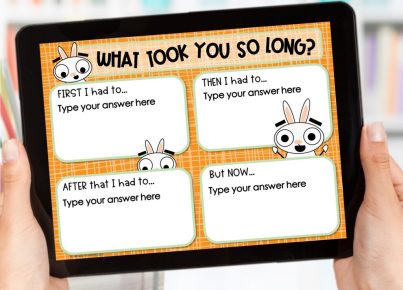Introduction
Imagine you’ve spent countless hours designing and perfecting your lesson plans for your students, only to discover that a coworker is selling them online without your permission. In addition to feeling betrayed and violated, you’re left in a legal gray area, unsure of what steps to take next. In this article, we’ll discuss how to navigate the murky waters of intellectual property theft and reclaim control of your hard-earned resources.
Recognizing the Issue
First, gather concrete evidence of the unauthorized sale of your lesson plans. This might include screenshots of the online listings, purchase receipts if buyers have shared them with you, or even customer reviews that reference the unauthorized use of your resources. Collecting this information will not only help you present a strong case to management or authorities but also empower you in standing up for your rights.
Understanding Intellectual Property Rights
Intellectual property (IP) is a complex legal field; however, it’s crucial to understand its basic principles when dealing with situations like this. Typically, lesson plans created by teachers are considered their own intellectual property since they reflect original ideas and creative effort. So, when someone else sells this work without permission, it’s a form of IP theft.
Take Action
1. Communicate with the coworker: Before escalating the matter further, approach your coworker privately to discuss the issue. It’s possible they may be unaware that selling your lessons constitutes intellectual property theft. Present your evidence and ask them to remove all listings immediately.
2. Notify management or administration: If talking with your coworker isn’t effective or if they continue selling the lessons after being confronted, inform your supervisor or school administrator about the situation. Share all collected evidence and describe any efforts made to resolve it yourself.
3. Legal consultation: Unfortunately, if these steps don’t resolve the problem, it might be necessary to consult a lawyer who specializes in intellectual property rights. They can provide guidance on whether pursuing legal action is necessary or advisable, as well as assist with cease and desist letters if needed.
4. Monitor the situation: Even after taking action, keep an eye on any suspicious online activity related to your lesson plans. That will help you ensure that your intellectual property remains protected and prevent any further unauthorized sales.
Learning from the Experience
Ultimately, this challenging experience can yield valuable lessons. Implementing measures like watermarks and personalized metadata in your digital files can help protect your work in the future. Additionally, consider sharing resources with colleagues under clear licensing agreements or forming a collaborative workspace that fosters support and teamwork rather than competition.
Conclusion
Encountering the theft of your intellectual property at the hands of a coworker is undoubtedly distressing, but armed with knowledge and determination, you can emerge from this situation with your rights intact and stronger protections for your invaluable creative efforts.





